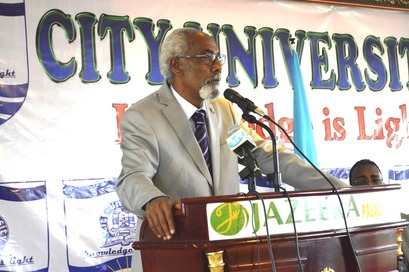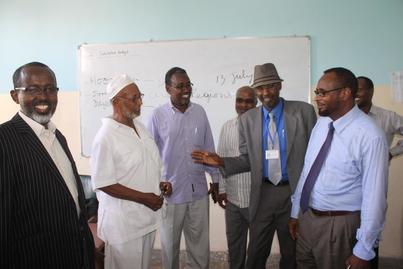BA Law

Background:
The City University Law degrees aim to develop in their students a high level of skill in comprehension, analysis and presentation. Students are expected to read a good deal, mostly from primary sources (such as cases and statutes), rather than to take other people’s word for things. They are expected to think hard about what they have read, so as to develop views not simply about what the law is, but also about why it is so, whether it should be so, and how it might be different. Students are asked to process what they read, together with their own thoughts, and to prepare essays and presentations for discussion in tutorials.
Law at City:
The City syllabus comprises topics chosen primarily for their intellectual interest, rather than for the frequency with which they arise in practice. Nevertheless, the skills of researching, thinking and presentation developed by the City Law courses are eminently suited to practical application, and employers recognize this. City is probably the only leading law school in the world where the main means by which teaching is done consists of group discussion (tutorials) in groups as small as one, two or three students and a tutor. The modern Law Library holds more books than almost any other comparable library in Somalia.
Careers:
There is no assumption that our Law graduates pursue a legal career. Although City Law graduates gain a BA in Jurisprudence rather than an LLB, each of the City Law courses counts as a qualifying law degree so City Law graduates can immediately go on to the Legal Practice Course (for solicitors) or the Bar Professional Training Course (for barristers).
The teaching program Colleges have the discretion to teach subjects in different terms, but students learn through a form of directed research into one or more different subjects each term, as well as by going to faculty lectures and seminars given by some of the world’s leading legal scholars. This system is academically demanding, but at the same time very rewarding.

Topics Covered:
A typical weekly timetable for first year (terms 1 and 2) courses include:
- Criminal law
- Constitutional law
- A Roman introduction to private law
- Islamic Law
- Research skills and mooting program

Assessment
First University examinations:
Students will complete three written papers: one each in Criminal law, Constitutional law and introduction to private law
2nd, 3rd and 4th year courses include:
- Tort law
- Contract law
- Trusts
- Land law
- Administrative law
- Course II: year 3 is spent abroad
- European Union law
- Jurisprudence
- Two optional subjects, chosen from a very wide range of options.

Assessment – Final University examinations:
- Tort law, Contract law, Trusts, Land law, Administrative law, Islamic law, European law: one written paper each at the end of the final year
- Jurisprudence: one shorter written paper at the end of the final year, plus an essay written in the summer vacation at the end of the second year
- Two optional subjects: normally written papers but methods of assessment may vary.

Degree Particulars Summary:
- Degree: BA Law
- Duration: 4 Years
- Credit Hours: 126










